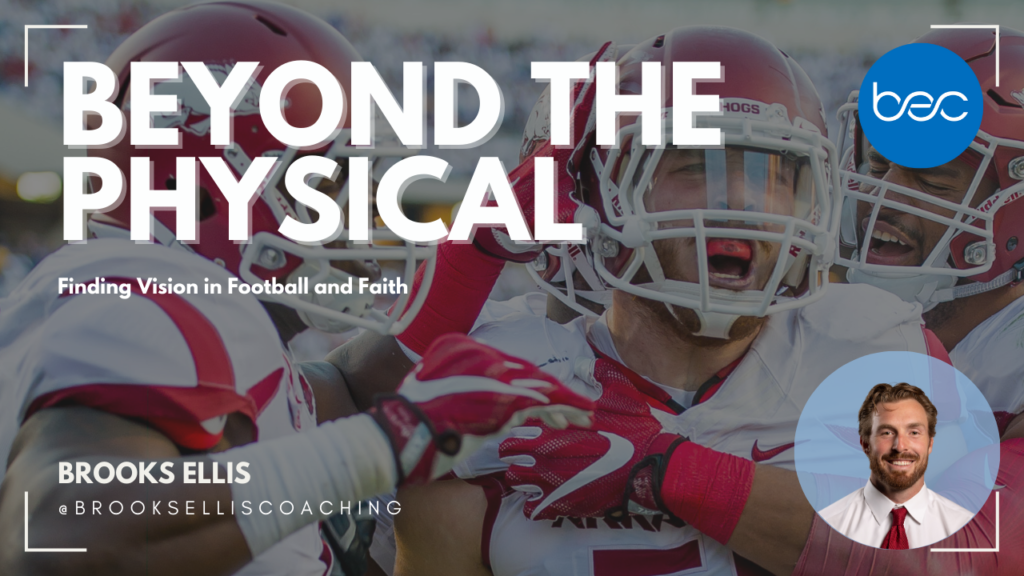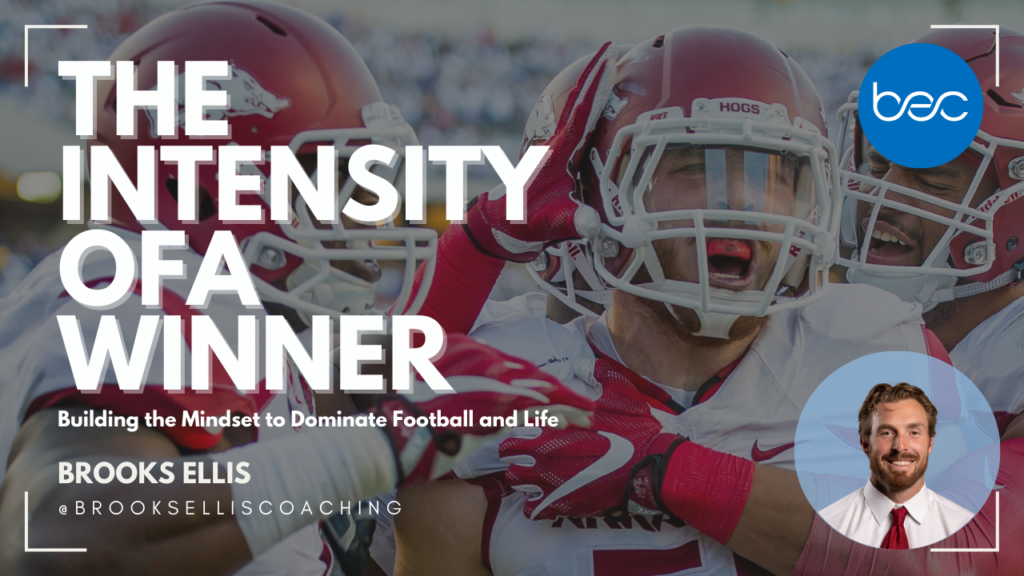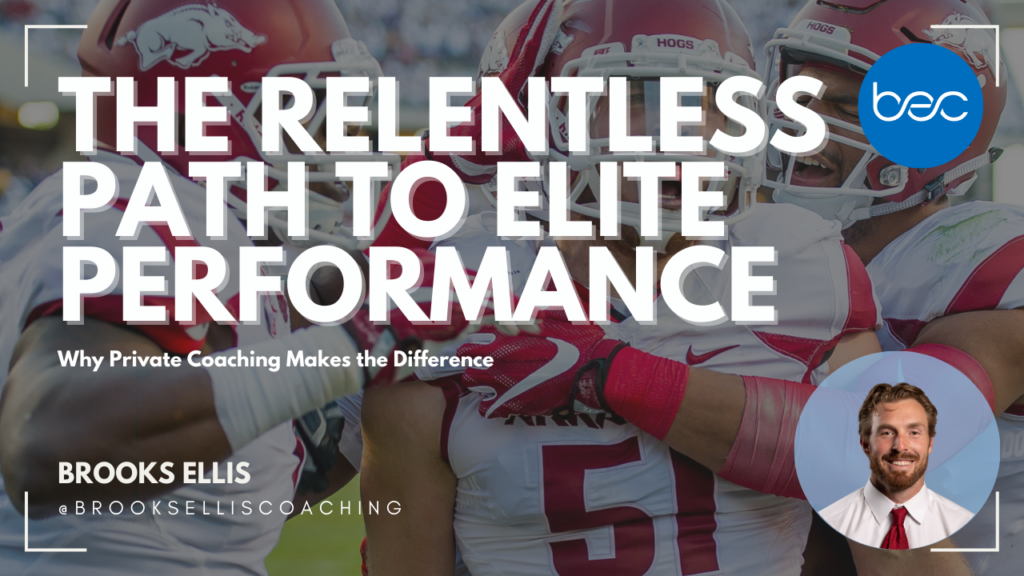
During the 2023/4 college football playoffs, you might have heard Michigan Quarterback JJ McCarthy espousing his pre-game meditation routine, eventually leading him and his team to a national championship. Meditation? Do you mean the Buddhist practice? What in the world is going on? Eastern and Western worlds colliding?
Well, in fact, he’s not crazy, and neither are the Buddhists. Inexhaustible research, along with easy-to-test personal anecdotes, now verifies meditation and a much broader umbrella known as mindfulness as a trustworthy tool for bringing mental clarity, focus, and awareness to the practitioner’s mind. Athletes, take note, this simple tool could elevate your game unlike any other.
Introduction to Mindfulness
Mindfulness involves a focused awareness of the present moment, observing one’s thoughts and feelings without judgment. This practice enhances mental and emotional resilience and boosts physical performance by reducing stress and increasing situational awareness. These benefits are crucial for athletes aiming to achieve peak performance levels.
The Impact of Mindfulness on Performance
Athletes who practice mindfulness report lower stress levels, improved concentration, and better emotional regulation, all essential for excelling in sports. Research has shown that mindfulness training can significantly enhance attention and cognitive flexibility, making athletes more adept at handling pressure-packed situations (1,2).
How mindfulness works
Humans naturally spend a lot of time thinking about the future or ruminating on the past because our brains have been programmed to be in control. However, the present moment brings your attention, your most valuable resource, to the here and now. Placing your attention in the current moment and training yourself to remain there helps prevent your brain from overthinking, saving energy and providing you with the resources needed to address during a game or practice.
Practical Mindfulness Tips for Parents and Kids
- Daily Quiet Time: Encourage short periods of silence to help clear the mind.
- Stop, Look, Listen, Smell: This trick helps Marines stay in the present moment. When you feel overwhelmed or out of control, remember to stop what you’re doing, look around you and notice a couple of things in the environment, listen to all the sounds you can hear, and smell anything unique in your surroundings.
- Mindful Breathing Exercises: Teach children to focus on breathing or take notice of their surroundings to enhance concentration and calmness.
- Routine Mindfulness Practices: Incorporate simple mindfulness exercises into daily activities, such as eating or walking.
Personal Reflection on Mindfulness
My journey with mindfulness began after my sports career had ended. Despite having a great job, I often felt I did not perform to my fullest potential. If I had been aware of mindfulness and its ability to balance the stress and excitement of game day with a calming mindfulness practice, I’m certain that my performance would’ve been dramatically different. Today, mindfulness connects me more deeply to the present moment, providing the clarity and focus needed to fully embrace and enjoy each day.
The Universal Appeal of Mindfulness
Mindfulness is not just for athletes; it’s a powerful tool for anyone seeking to enhance their quality of life. The ability to remain present and fully engaged in the moment can transform everyday experiences and improve overall well-being.
Conclusion
Incorporating mindfulness into sports training is not just a trend—it’s a vital skill grounded in science that can elevate an athlete’s performance to new heights. By staying present and practicing constantly, you can reduce stress and enhance awareness, equipping athletes with the tools necessary to excel both on and off the field.
References:
- Röthlin, P., Horvath, S., Trösch, S. et al. Differential and shared effects of psychological skills training and mindfulness training on performance-relevant psychological factors in sport: a randomized controlled trial. BMC Psychol 8, 80 (2020). https://doi.org/10.1186/s40359-020-00449-7
- Lopes S, Shi L, Pan X, Gu Y, Dengler-Crish C, Li Y, Tiwari B, Zhang D. Meditation and Cognitive Outcomes: A Longitudinal Analysis Using Data From the Health and Retirement Study 2000-2016. Mindfulness (N Y). 2023 Jul;14(7):1705-1717. doi: 10.1007/s12671-023-02165-w. Epub 2023 Jul 7. PMID: 37808263; PMCID: PMC10557979.car






